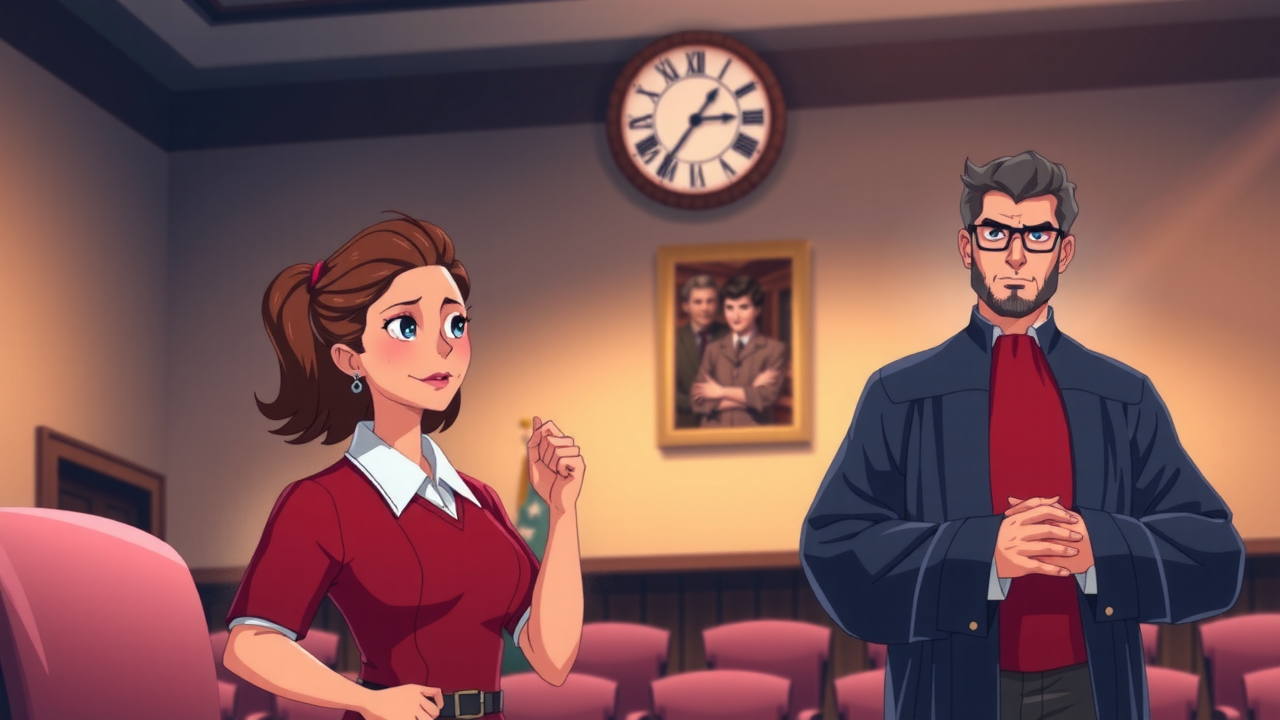In a landmark judgment, the Kerala High Court allowed an appeal for divorce on grounds of cruelty, filed by a wife against her husband. Married in 1997, the relationship deteriorated as the wife progressed academically and professionally, leading to her husband’s inferiority complex and subsequent a

In a significant ruling, the Kerala High Court dissolved a marriage after acknowledging the irretrievable breakdown of the relationship. The case involved an appeal by a wife challenging the Family Court’s decision, which had dismissed her petition for divorce on the grounds of cruelty. The couple, married since 1997 with two children, faced severe marital discord exacerbated by differences in their educational and professional statuses.
The wife, who had obtained a B.Tech. degree and secured a job, alleged that her husband, with lesser qualifications, developed an inferiority complex leading to physical and mental abuse. He blamed her for his bad luck due to astrological signs and persistently mistreated her. Due to the continuous strain, the wife filed for divorce as sustaining the relationship became unbearable.
The husband refuted all allegations, claiming their disputes stemmed from her perceived superiority and not from any serious marital issues. He was directed to pay Rs 60,000 for maintenance, but the wife did not provide an account number for the deposit.
Family Court’s Decision:
- The court dismissed the wife’s claims, citing the lack of specific instances and dates of the alleged cruelty. The testimonies of the wife and daughter were deemed unreliable without detailed evidence.
- The wife’s oral evidence about the misappropriation of gold was not considered valid since she hadn’t filed a petition for its recovery.
- The husband argued that their conflicts were due to her superiority complex as a government employee, while he had a lower-paying job.
High Court’s Analysis and Decision:
- Court’s Observations:
- Evidence of Abuse: The wife testified about being subjected to physical and mental harassment, including forced unnatural sex acts and threats. The daughter corroborated these claims, but her evidence was rejected in the Family Court for lack of specific details.
- Credibility of Experiences: The High Court recognized that recalling specific incidents under persistent abuse is challenging, and this should not undermine the credibility of the victim’s claims.
- Age and Conflict:
- Current Ages: The wife was 54, and the husband was 62.
- Continuing Conflict: The ongoing disputes and conflicts indicated that the marriage could not serve its intended purpose of a harmonious and supportive union.
- Nature of Cruelty:
- Mental and Physical: Cruelty can be mental or physical, causing reasonable apprehension of harm or injury.
- Case Reference: Referring to the Samar Ghosh v. Jaya Ghosh case, the court emphasized that each case should be considered based on its unique facts.
- Marriage Breakdown:
- Irretrievable Breakdown: The court highlighted that forcing the continuation of a distressed marriage undermines its purpose and perpetuates suffering.
- Freedom and Well-being: Denying the request for divorce inflicts emotional pain and prevents both parties from moving forward with their lives.
Final Verdict
- Appeal Allowed: The High Court overturned the Family Court’s judgment, acknowledging the irretrievable breakdown of the marriage and dissolved it. The court stressed the importance of recognizing such breakdowns to ensure the emotional well-being of both parties.





